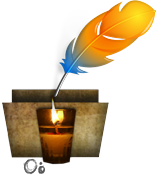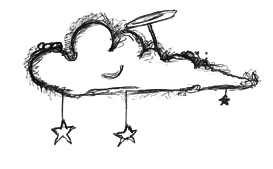Some brown people, some not so brown.
Some Hindu, some Muslim, some Dalit, some Jat.
Some women people, some men people.
Do we even know what all these types mean?
      |
Some brown people, some not so brown. Some Hindu, some Muslim, some Dalit, some Jat. Some women people, some men people. Do we even know what all these types mean? |
|||||||||||||||||||||||||||||||||||||||||||||
| ||||||||||||||||||||||||||||||||||||||||||||||